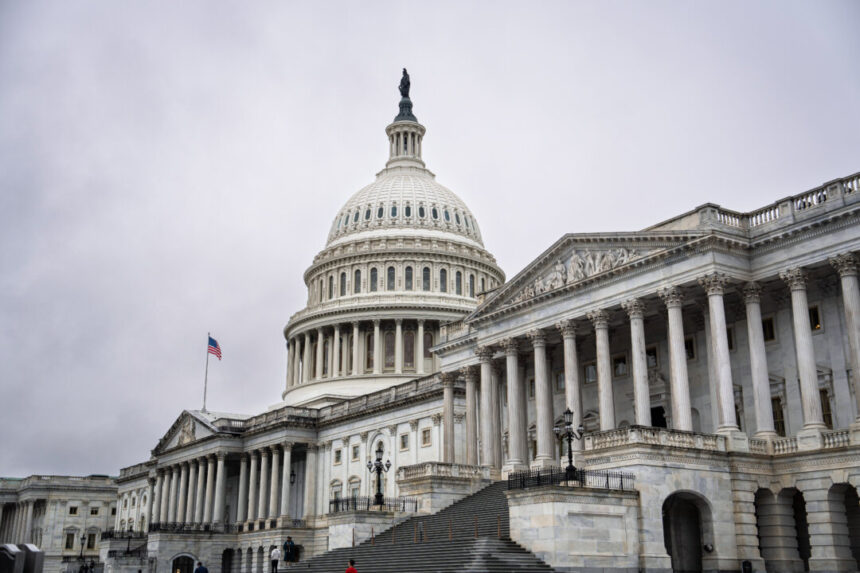Critics of the bill argue that it may suppress free speech due to uncertainties in the language; however, they have been rebuffed by proponents who consider these worries to be exaggerated. Matt Gaetz (R-Fla.) and Marjorie Taylor Greene (R-Ga.) have been strong proponents of the bill, dismissing concerns raised by critics. They argue that the bill simply extends existing civil rights protections to Jews and does not infringe upon constitutional rights.
Tal-Or Cohen Montemayor, founder and CEO of CyberWell, believes that the reactions about free speech are exaggerated. She points out that the bill explicitly states that it will not affect First Amendment rights.
Arie Lipnick, a board member of Combat Antisemitism Movement, agrees that the bill would not significantly change current laws. He emphasizes that the bill governs actions, not words, and would only come into play in cases of discrimination.
Kenneth Marcus, former head of the Office for Civil Rights at the Department of Education, also believes that the bill would not impact protected speech under the First Amendment.
Lawmakers see the bill as a necessary response to anti-Semitic incidents on college campuses. They argue that university leaders have not done enough to address these acts of hatred and support Jewish students.
With the future of the bill uncertain, both supporters and critics continue to debate its implications.
Source link





